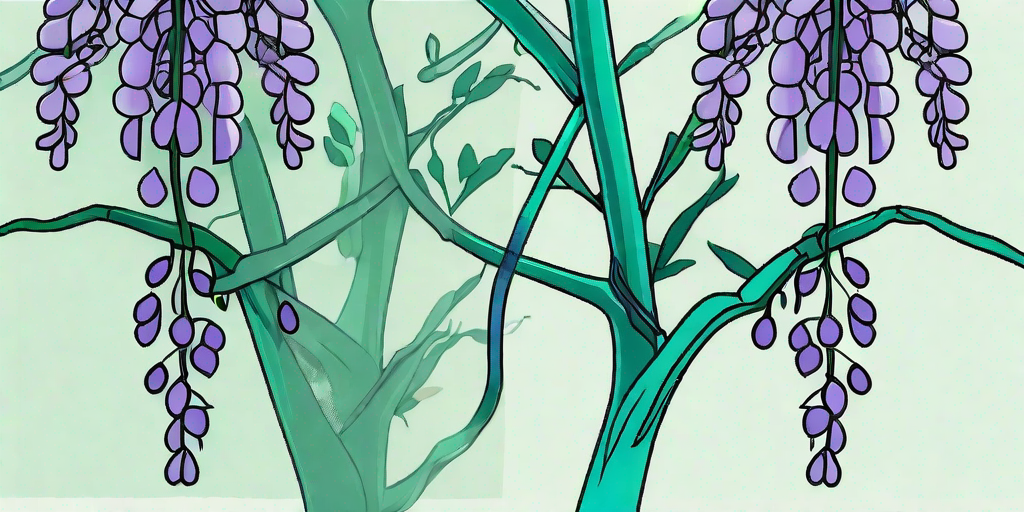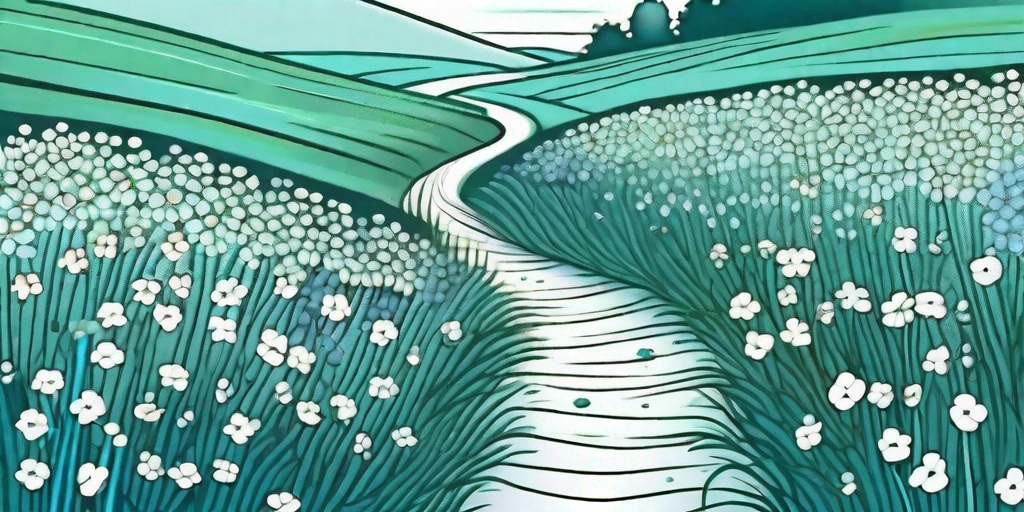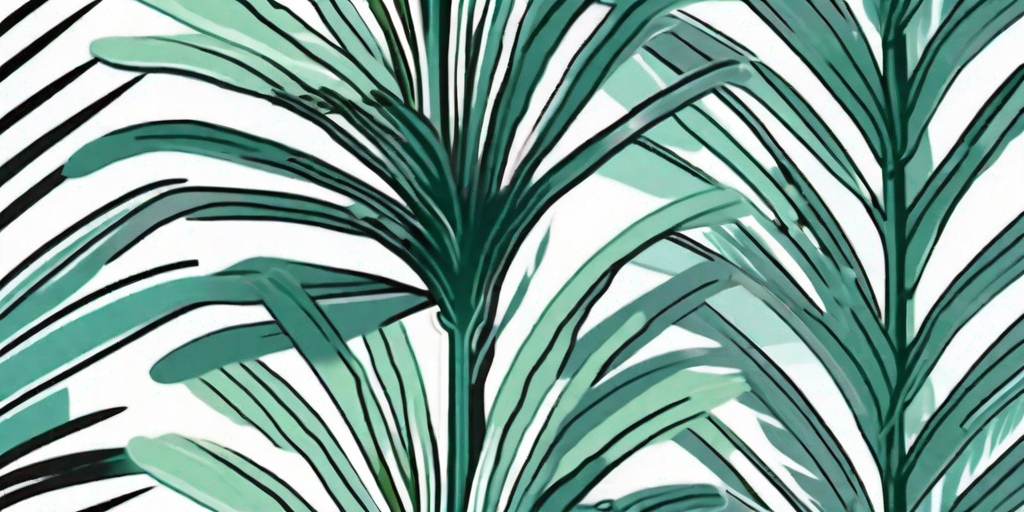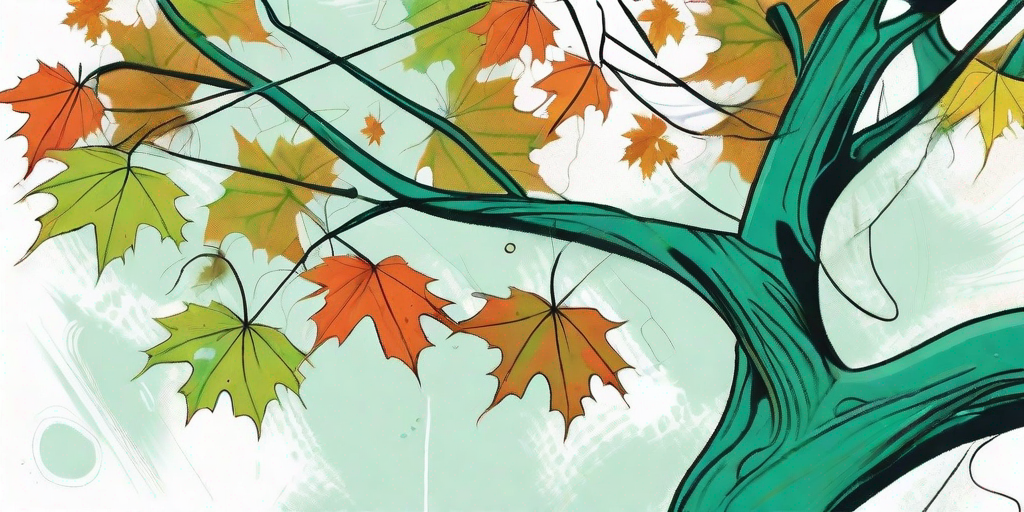
Poppy seed pods, those mysterious little orbs that have intrigued humans for centuries, are more than just a pretty face. They're jam-packed with a host of surprising benefits and a few risks that might just make you raise an eyebrow. So, buckle up, dear reader, as we embark on a thrilling journey to crack the case of these fascinating seed pods.
The Poppy Seed Pod: A Brief Introduction
Before we dive into the nitty-gritty, let's take a moment to appreciate the poppy seed pod in all its glory. The poppy seed pod, also known as the poppy capsule, is the part of the poppy plant that contains the seeds. It's a round, green structure that turns brown as it matures, and if you listen closely, you might just hear the tiny seeds rattling inside.
Now, you might be wondering, "What's so special about these seed pods?" Well, aside from being a botanical marvel, poppy seed pods have been used in various cultures for their medicinal properties. But remember, with great power comes great responsibility, so let's not get too carried away just yet.
Benefits of Poppy Seed Pods
1. Nutritional Powerhouse
Poppy seed pods are a veritable treasure trove of nutrients. They're rich in dietary fiber, which aids digestion, and are a good source of minerals like calcium, iron, and zinc. And let's not forget the essential fatty acids that contribute to heart health. So, next time you're looking for a nutrient boost, you know where to look.
But wait, there's more! Poppy seed pods also contain alkaloids, which have been found to have various medicinal properties. But remember, moderation is key. Too much of a good thing can quickly turn into a bad thing.
2. Medicinal Uses
Poppy seed pods have been used in traditional medicine for centuries. They're known for their analgesic properties, which means they can help relieve pain. They've also been used to treat coughs, insomnia, and even anxiety. But remember, these are traditional uses, and you should always consult a healthcare professional before trying any new treatment.
It's also worth noting that the alkaloids in poppy seed pods can have a sedative effect. This can be beneficial for people with insomnia, but it can also lead to dependency if not used responsibly. So, always tread with caution.
Risks of Poppy Seed Pods
1. Potential for Dependency
As mentioned earlier, the alkaloids in poppy seed pods can have a sedative effect. While this can be beneficial in some cases, it also means there's a risk of dependency. So, if you're thinking of using poppy seed pods for their sedative properties, it's important to do so under the guidance of a healthcare professional.
And remember, just because something is natural doesn't mean it's safe. Nature is full of plants that are beautiful to look at but deadly to consume. So, always do your research and err on the side of caution.
2. Allergic Reactions
Like any other plant, poppy seed pods can cause allergic reactions in some people. Symptoms can range from mild, like itching and redness, to severe, like difficulty breathing. So, if you're prone to allergies, it's best to steer clear of poppy seed pods.
And if you do decide to give them a try, always do a patch test first. Apply a small amount to your skin and wait 24 hours to see if any reaction occurs. If you experience any discomfort, wash the area immediately and seek medical attention.
FAQs
-
Can I eat poppy seed pods?
While poppy seeds are commonly used in cooking, the pods are generally not consumed. They contain alkaloids, which can have a sedative effect and lead to dependency if consumed in large amounts. So, it's best to stick to the seeds and leave the pods for decorative purposes.
-
Are poppy seed pods dangerous?
Poppy seed pods are not inherently dangerous, but they do contain alkaloids, which can have a sedative effect. This can lead to dependency if not used responsibly. They can also cause allergic reactions in some people. So, if you're thinking of using poppy seed pods, it's important to do so under the guidance of a healthcare professional.
-
How can I use poppy seed pods?
Poppy seed pods are often used in floral arrangements and crafts due to their unique shape and texture. They can also be used in traditional medicine, but this should be done under the guidance of a healthcare professional.
And there you have it, folks! The case of the poppy seed pods, cracked wide open. Remember, these little orbs are more than just a pretty face. They're a source of nutrients, a traditional remedy, and a potential risk. So, treat them with respect, and they'll serve you well. Until next time, stay curious and keep exploring!














